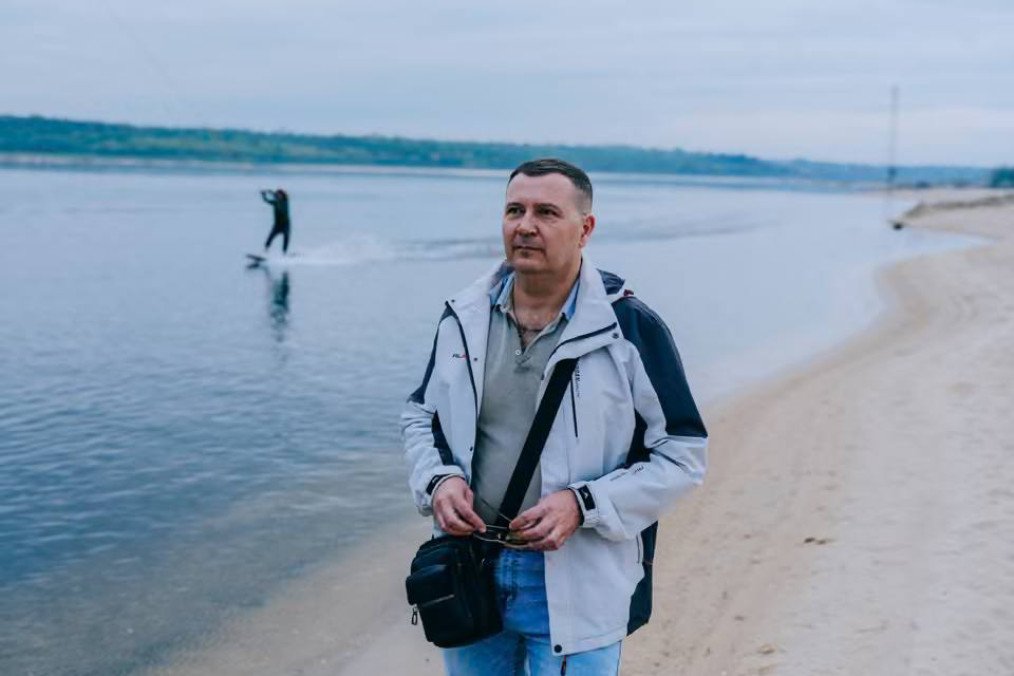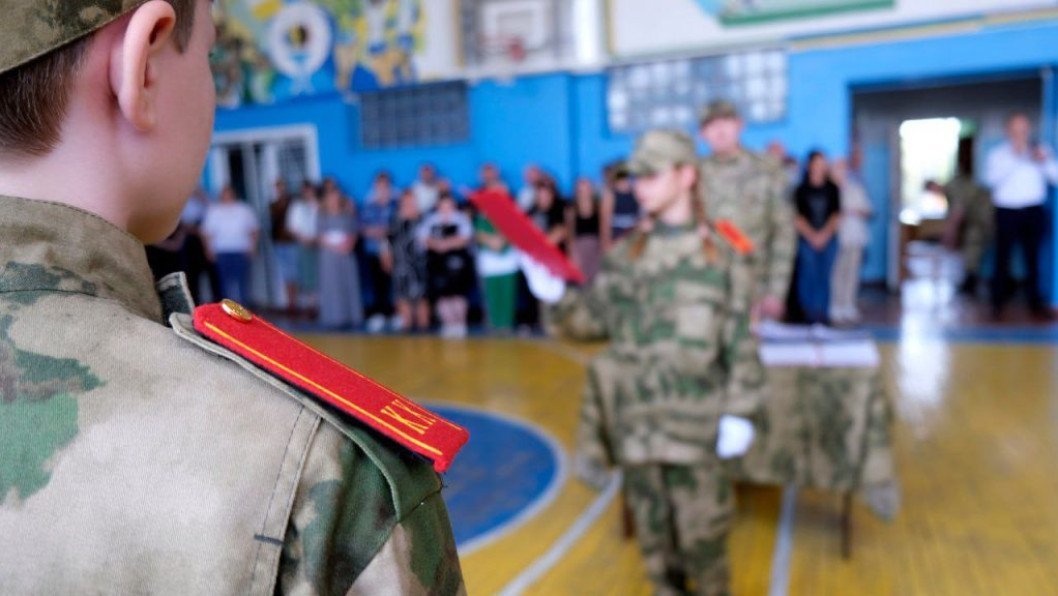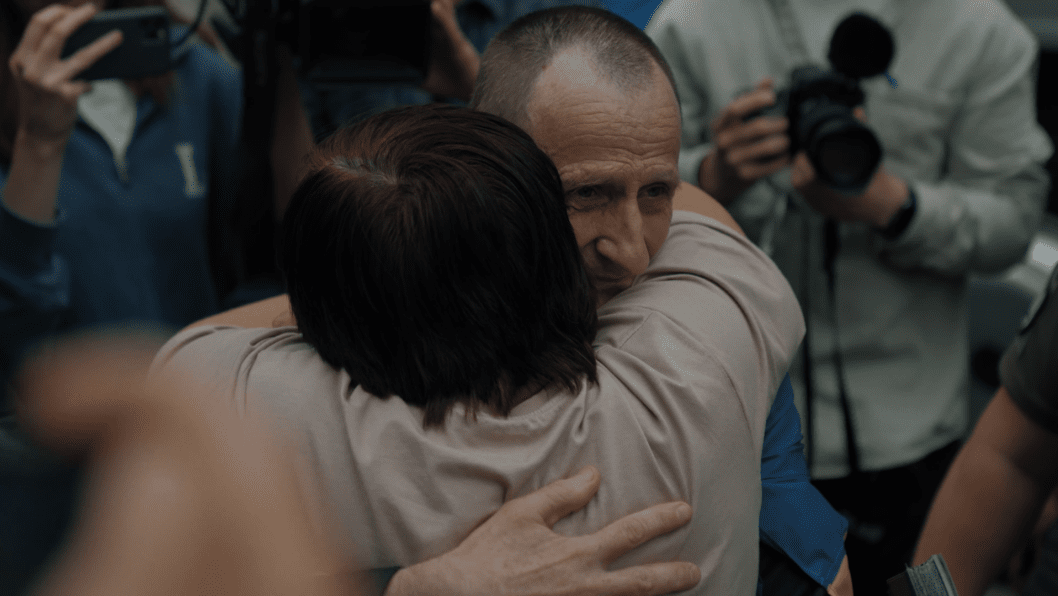- Category
- Latest news
Russia Deports Ukrainian Teacher From His Home for Refusing to Teach Russian Curriculum

Serhiy Serdiuk, a school headteacher from the occupied Zaporizhzhia region, was deported to Georgia by Russian authorities along with his wife and daughter.
He was handed a 40-year ban from entering Russian-controlled territory, effectively barring him from his home town, Komysh-Zoria.
According to The Guardian on June 21, Serdiuk’s deportation is part of a broader campaign by Russian occupation authorities to expel residents who reject integration with Moscow’s rule.
The practice is intensifying amid ongoing international discussions about a potential deal to freeze frontlines, which could solidify Russia’s hold on occupied regions.
Komysh-Zoria, a town of around 2,000 residents, was occupied in the early days of the full-scale invasion in 2022. Russian forces initially detained and pressured pro-Ukrainian residents using intimidation, arrests, and detentions.
As occupation policies hardened, authorities shifted tactics, increasingly using forced deportations. Ivan Fedorov, governor of the Zaporizhzhia region, stated that “hundreds” of people have been deported from the occupied territories in recent months.

In March, Russian leader Vladimir Putin signed a decree mandating that Ukrainian citizens “without legal grounds for residence in Russia” (including Ukrainian territories temporarily occupied by Russia) must leave the country by September 10 or accept Russian citizenship.
Serdiuk, who had served as head of Komysh-Zoria’s local school since 2018, refused to reopen the school under the Russian curriculum. As a result, Russian forces began pressuring him and other staff members. While one teacher agreed to cooperate, most refused. The school remains closed, and children now travel to schools in neighboring towns.
In late 2023, Serdiuk was notified of his impending deportation. After a month-long wait without passports—confiscated to prevent escape—he and his family were transported under guard to the Russian-Georgian border.
Upon arrival, they were released and handed their travel documents. His wife received the same 40-year ban; their daughter was banned for 50 years.
Following their arrival in Georgia, the family traveled through Moldova and eventually returned to Ukrainian-controlled territory in Zaporizhzhia region, roughly 140 kilometers from their home. Serdiuk is currently giving private math lessons and plans to resume teaching at a local school.

His deportation left behind significant personal hardship, including separation from his elderly mother, who has advanced dementia and remains in occupied territory. Due to lack of access to medication after the Russian invasion, her condition deteriorated rapidly.
Serdiuk expressed concern over the future of children in occupied areas. While major cities have seen an influx of Russian-appointed teachers, he noted that in rural settlements, many local educators continue to work—likely attempting to shield students from the most extreme aspects of Russian indoctrination.
However, he warned that the longer the occupation persists, the greater the pressure to conform.
“The authorities demand that portraits of Russian officials be displayed in classrooms, that students draw supportive messages for Russian soldiers,” he said. “A year ago, these children lived in Ukraine. Now they are being asked to praise an occupying force.”
Earlier, on January 1, Russia began classifying Ukrainians in occupied territories as “foreigners” if they refused Russian citizenship—stripping them of pensions, healthcare, and legal rights, and limiting their stay to 90 days per year, according to Human Rights in Ukraine.





